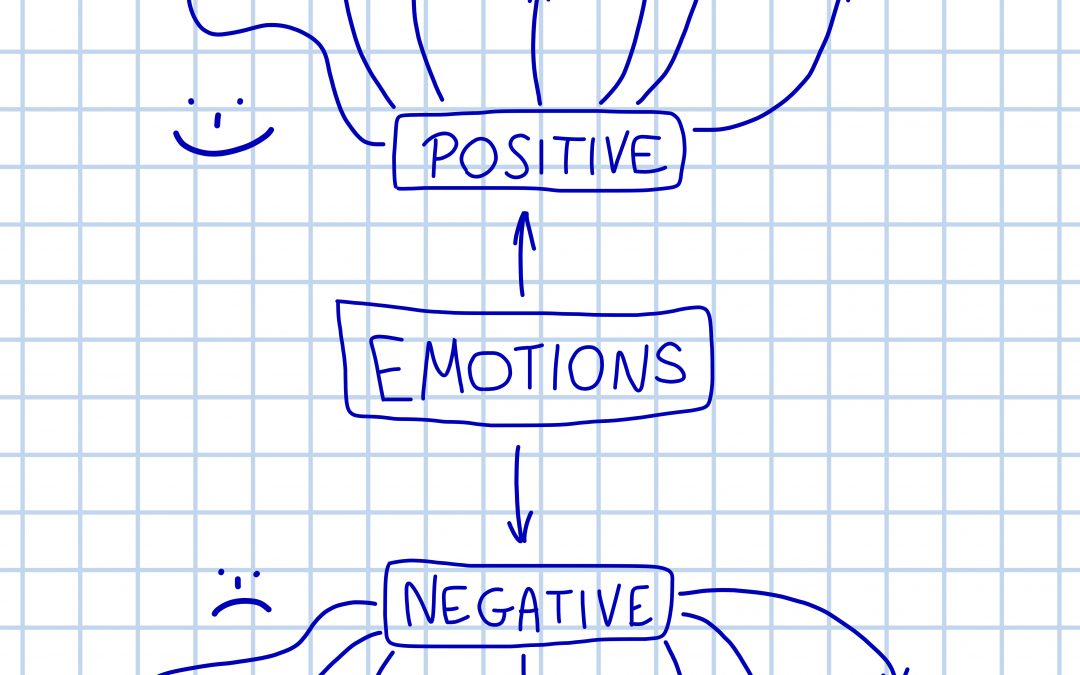
Negative Emotions Aren’t Negative
We tend to look at our emotions as “good” or “bad.” In reality, our emotions tell us important information about ourselves.

We tend to look at our emotions as “good” or “bad.” In reality, our emotions tell us important information about ourselves.
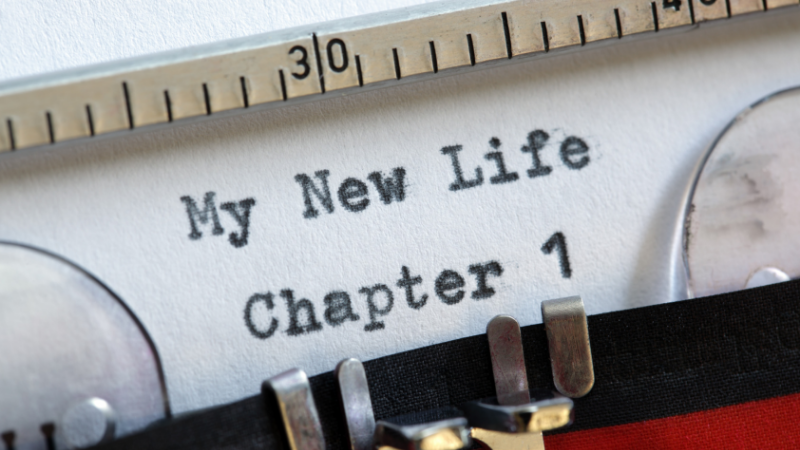
The recovery process for a mental illness often means that we are starting our lives from scratch again. It can be frustrating – and incredibly rewarding.
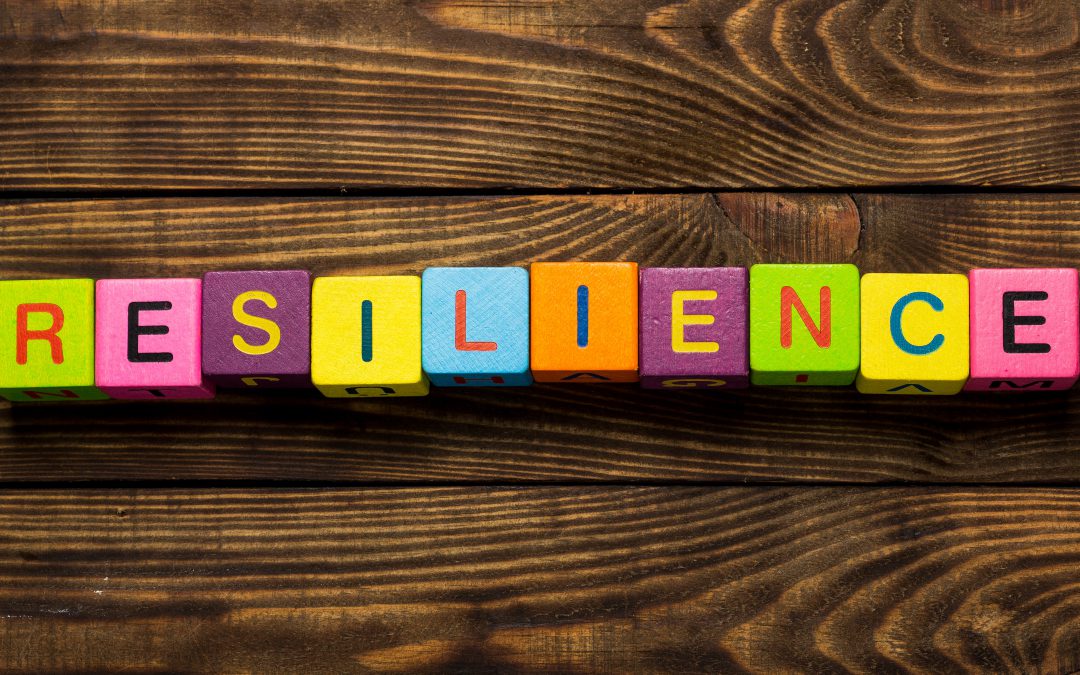
When we talk about getting better, we often define our goal as achieving mental health. But what is mental health? What does it mean to be mentally healthy? How do we know if we’ve achieved this magical goal, the goal for which we hold out so much hope?
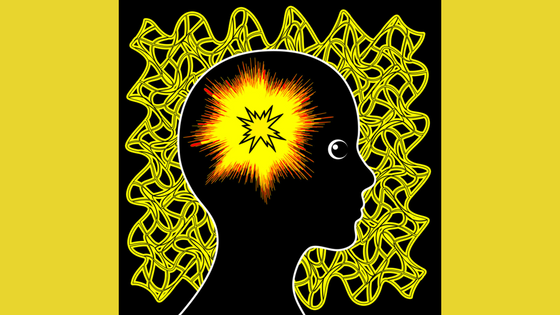
Triggers are events (usually small) that sends us back in time to relive a traumatic event. They apply to all types of trauma and vary in their intensity.
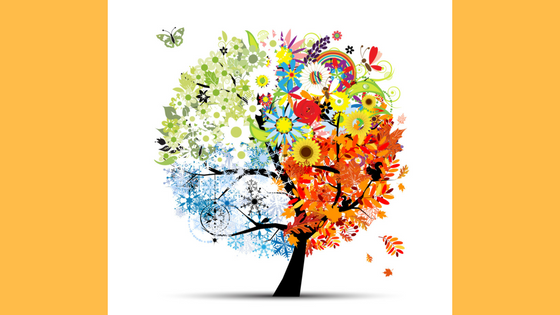
Many of our mood changes are cyclical. By tracking our moods, we can learn the identifying factors of a cycle change and take steps to manage them.
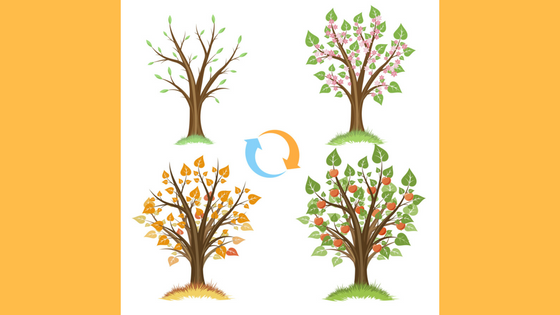
We can learn to manage our cycles and triggers and influence their impact upon our mental health. Doing so helps us get to a place of peace.

While medication, good diet, and consistent exercise are important in treatment, there is another component that is equally important: Talk therapy.
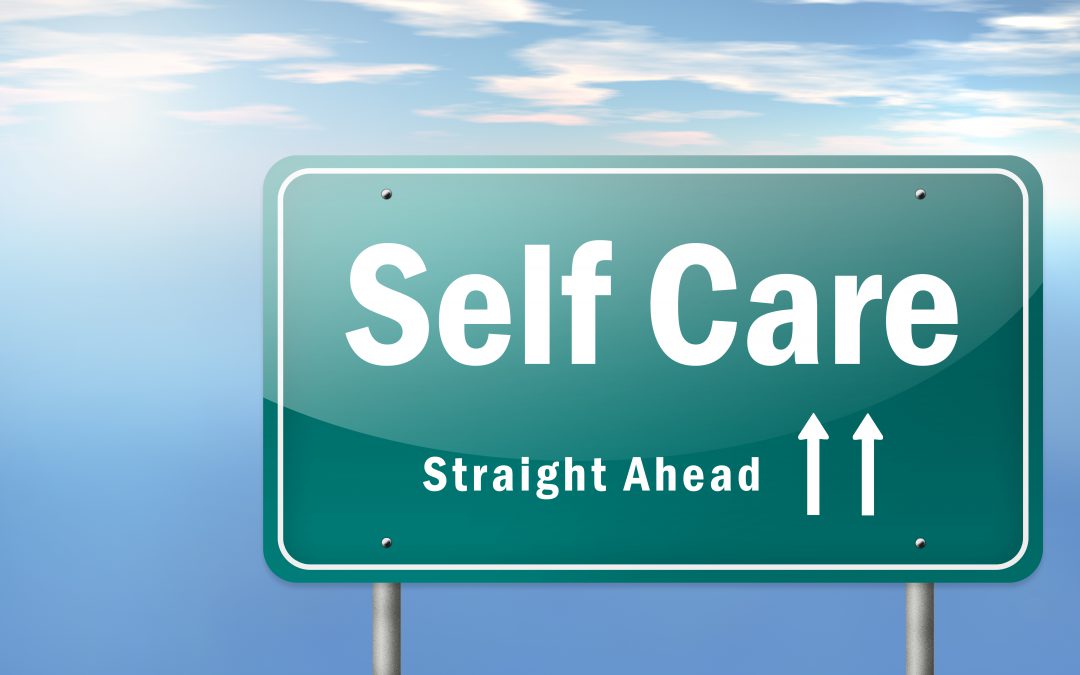
Even when we know the importance of putting together a good self-care plan, it can feel overwhelming to do. Four pillars? Each pillar has multiple pieces? The heart races and the breathing gets shorter. Let’s slow it down and tackle this process – together.

We hear a lot about the fight or flight response, but did you know that there’s another part to it? It’s now recognized as the fight-flight-freeze response.

When our fears and phobias limit our participation, it may be time to overcome them. Exposure therapy is a great tool for conquering our fears.
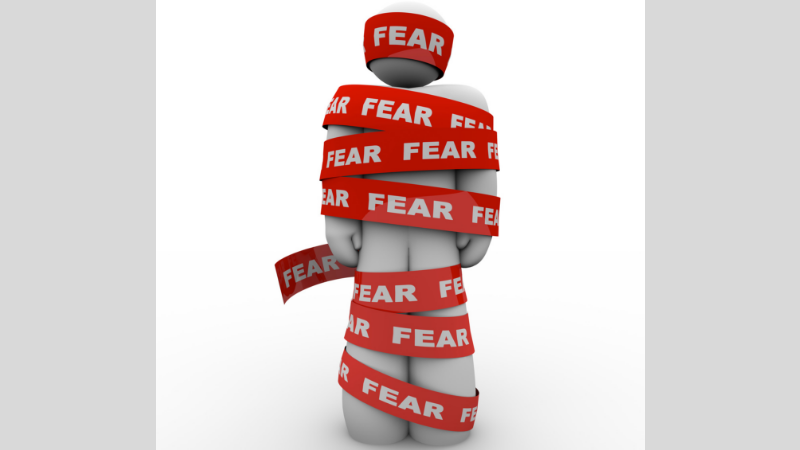
Phobias and fears can be crippling and keep us from living the lives we want and deserve. Overcoming phobias is hard, but possible.

When we think of improving our mental health symptoms, our natural first reaction is medication. Gut health plays a key role in our mental health, too!

Many people think that being healed means that we are cured of our disorder or illness. That’s not always true; I’m a prime example.
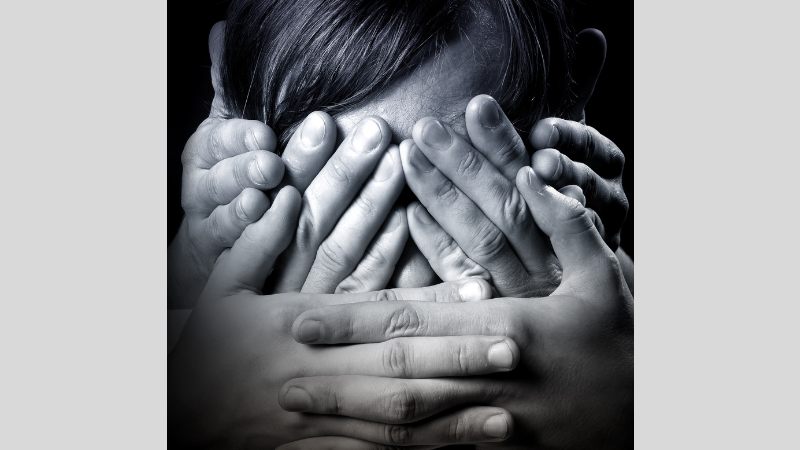
Secrets are a breeding ground for shame, which drives us deeper into our disorders. Finding a safe place to share our secrets helps us release our shame.

When we set goals, we think of setting SMART goals. Writing down our goals is the next step. Creating affirmations is the final step in achieving our goals.
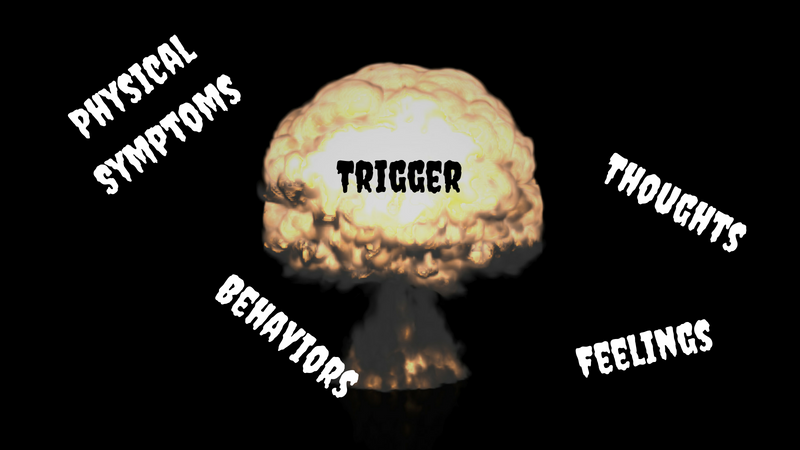
Most of us think of depression as a simple experience, but what I learned in my class is the Depression Cycle is more complicated than that.
Mood trackers help us see our progress and track our symptoms. Even better, they can clue us in to cycle changes. How are you using mood trackers?

It can be scary to think about learning more about our disorders. Yet, disorder research is critical to our ability to advocate and care for ourselves.